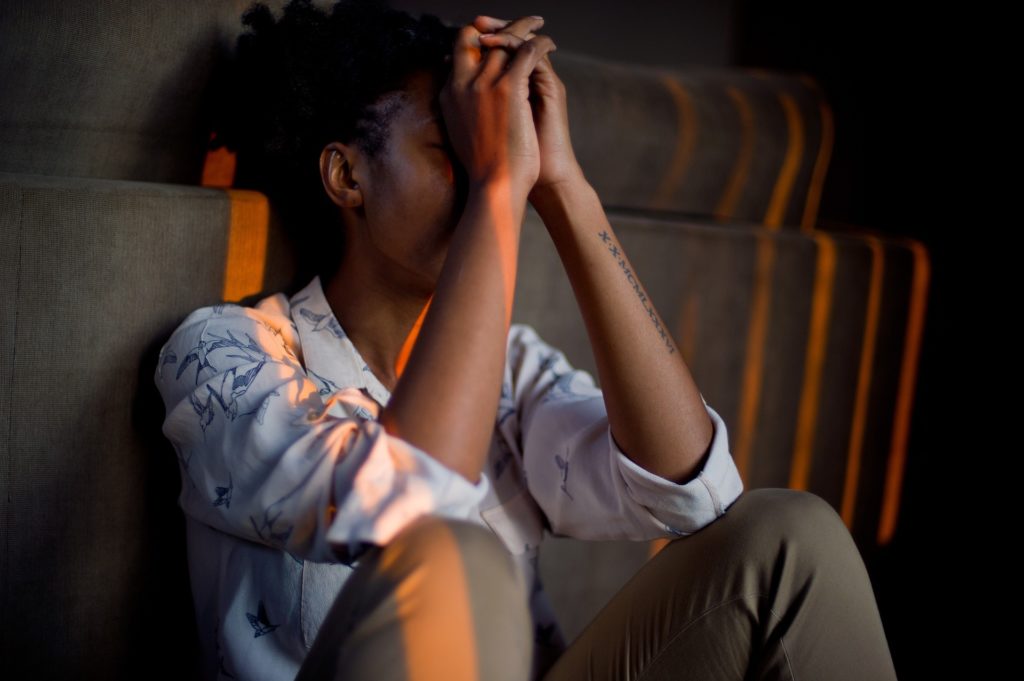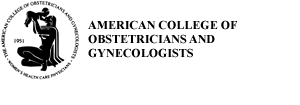Depression
Depression is a common illness that can affect anyone. About one in 20 Americans — more than 11 million people — suffers from depression every year. The condition is found twice as often in women as in men.

What Is Depression?
Depression is a medical disorder. It is not just grief experienced after a loss or feeling sad for a short time. It affects your thoughts, feelings, behavior and physical health. It disrupts your daily life. It is not a weakness or a fault.
Depression has many causes. Other illnesses may trigger it. A family history may mean that you are more likely to have this disorder. The use of drugs or alcohol or a history of abuse also can cause depression. Around 10-15% of all cases are triggered by other medical conditions.
In some people, it can occur even though life is going well.
Depression also can get worse around the time of certain reproductive events, such as menstruation, pregnancy, loss of a baby, birth of a baby (postpartum depression), infertility and menopause.
Symptoms
Symptoms are shown below. You may have other physical or mental symptoms of depression as well. These may include:
- Headaches or other aches and pains
- Digestive problems
- Sexual problems
- Hopeless and negative feelings
- Worry or fear
An episode lasts at least two weeks and often longer.
Depression may be mild, moderate, or severe (major).
Additional Symptoms
- Lack interest in things they used to enjoy
- Feel sad, blue or “down in the dumps”
- Slow down or act restless and not able to sit still
- Feel worthless or guilty
- Have a change in appetite or lose or gain weight
- Have thoughts of death or suicide or try to commit suicide
- Have problems concentrating, thinking, remembering or making decisions
- Sleep too much or are not able to fall asleep or to stay asleep
- Lack energy and feel tired all the time
Diagnosis
The diagnosis is based on the types of symptoms, how often they occur and how severe they are.
Treatment
You and your doctor should work as a team to find the best treatment for you. Treatment may include antidepressant medication, psychotherapy or both.
Antidepressants
Medications (antidepressants) often are used to treat major depression, but may also be useful for mild to moderate. Antidepressants relieve symptoms in more than half the people who take them. They work by changing the balance of chemicals in the brain.
Psychotherapy
In psychotherapy, a therapist works with you to help you overcome your depression. Psychotherapy alone helps about half the people with mild to moderate depression. You can work with your doctor to find a therapist.
Psychotherapy Plus Antidepressants
Psychotherapy plus medication relieves the symptoms in most patients. It may take a couple of months for the treatment to work.
Light Therapy
Some people have mild or moderate seasonal depression (comes during seasons with shorter days). This is known as Seasonal Affective Disorder (SAD). Light therapy may help some people who have this disorder.
Hospital Treatment
Most people are treated with outpatient visits to their doctors or therapists. People who do not get better or who are at risk of suicide may need to stay in the hospital for a few days or longer.
Finally…
Depression is a common medical problem. It affects many people and, in most cases, can be treated with success.
This excerpt from ACOG’s Patient Education Pamphlet is provided for your information. It is not medical advice and should not be relied upon as a substitute for visiting your doctor. If you need medical care, have any questions, or wish to receive the full text of this Patient Education Pamphlet, please contact your obstetrician-gynecologist.
To ensure the information is current and accurate, ACOG titles are reviewed every 18 months.
Copyright © June 2005 The American College of Obstetricians and Gynecologists

